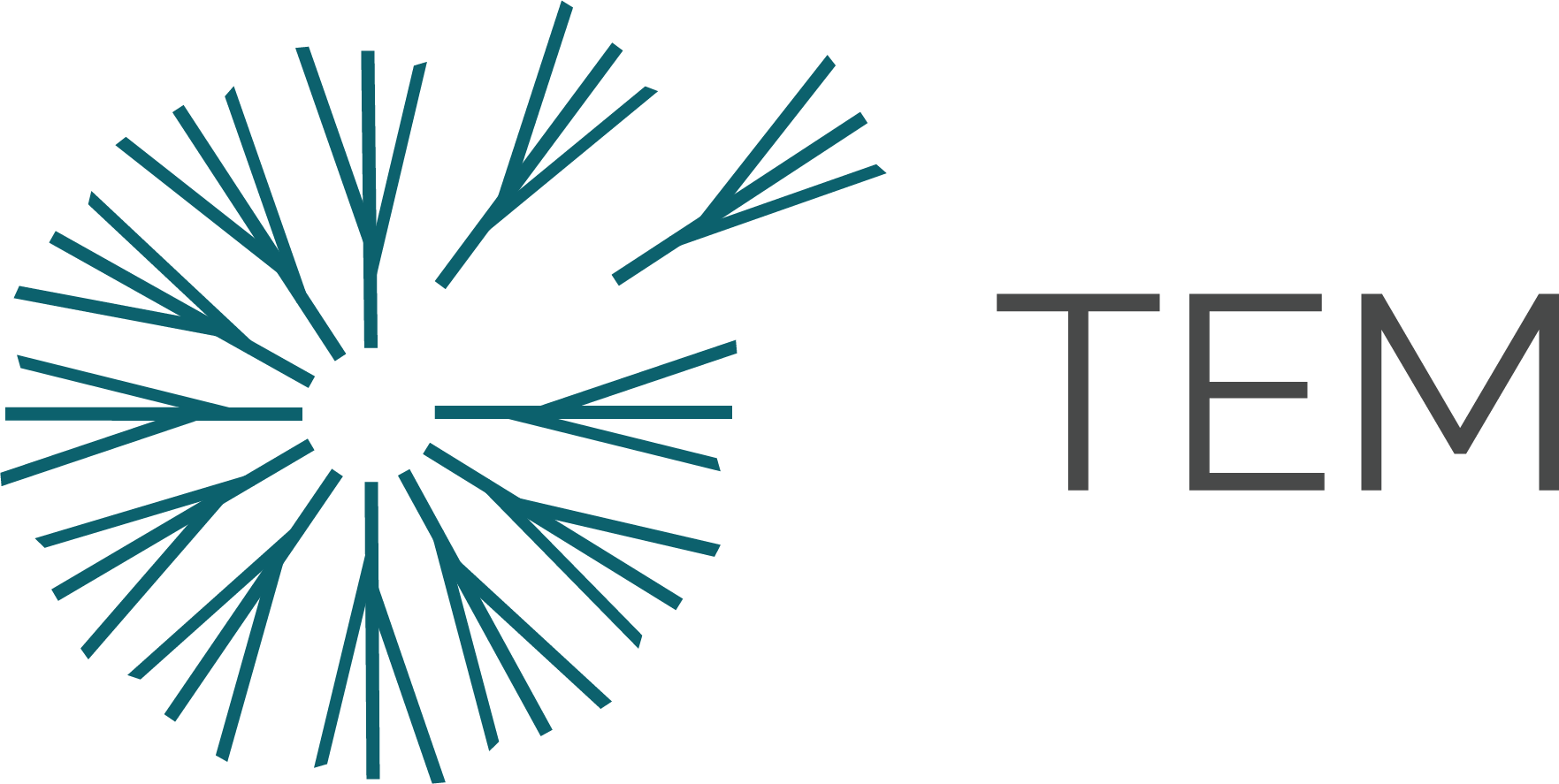TEM is a developer of high-integrity, high-quality carbon offsetting projects in Australia and across the Asia-Pacific region. These projects deliver long-lasting impacts for people and the planet, above and beyond carbon abatement.
We develop and manage our own projects and also develop projects on behalf of corporate clients, generating carbon offsets aligned with their brand and company strategy. TEM works with traditional landowners, farmers, corporates and governments across the Asia-Pacific region to identify, develop, own and/or manage these projects.
All of our project activities are supported by comprehensive due diligence and impact measurement and monitoring services. Our projects also strictly follow internationally recognised standards and, where applicable, are audited by independent third-party organisations.
Develop your carbon offsetting project
TEM has expertise in carbon project origination and can offer a complete suite of project development services, assisting in the development of projects or taking ownership and management of the entire project. With teams located within Australia and across the Asia Pacific region, our team has a wealth of knowledge about the process of developing your carbon project.
Keen to develop a carbon project? Contact us today.
TEM’s Australian projects
Wongamere project
TEM’s Wongamere Regeneration Project is TEM’s biodiverse carbon farming project, located in the Mulga Lands Bioregion of south-west Queensland. The project involves the regeneration of native vegetation, via ceasing land clearing, sustainably managing grazing and controlling pest animals and weeds. These activities address historical vegetation suppression and increase carbon sequestration.
Wongamere supports both threatened regional ecosystems and wetlands, and provides habitat for a range of native flora and fauna. Given it’s unique environmental values, baseline ecological surveys are being undertaken to inform the development of an Accounting for Nature Framework environmental account, which will capture co-benefits of the carbon farming project throughout its life.
Wongamere is protected under a permanence period of 100 years. Developing projects with a 100-year permanence periods ensures the carbon sequestered is permanent, and that the ecosystems and habitat restored are conserved over the long term.
TEM-managed Australian Projects
TEM also manages a portfolio of carbon farming projects in Queensland that involve the regeneration of native vegetation. Learn more by clicking here.
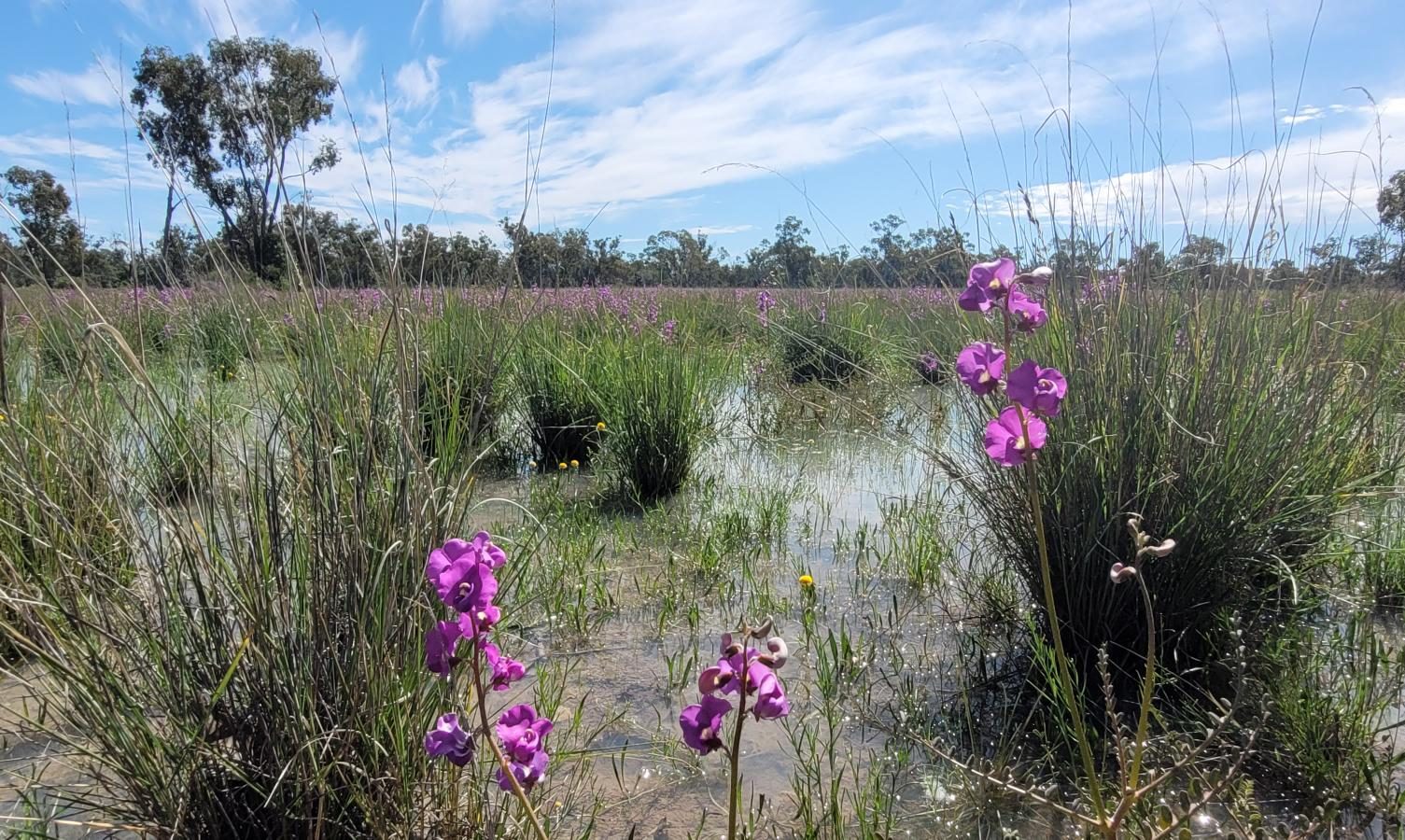
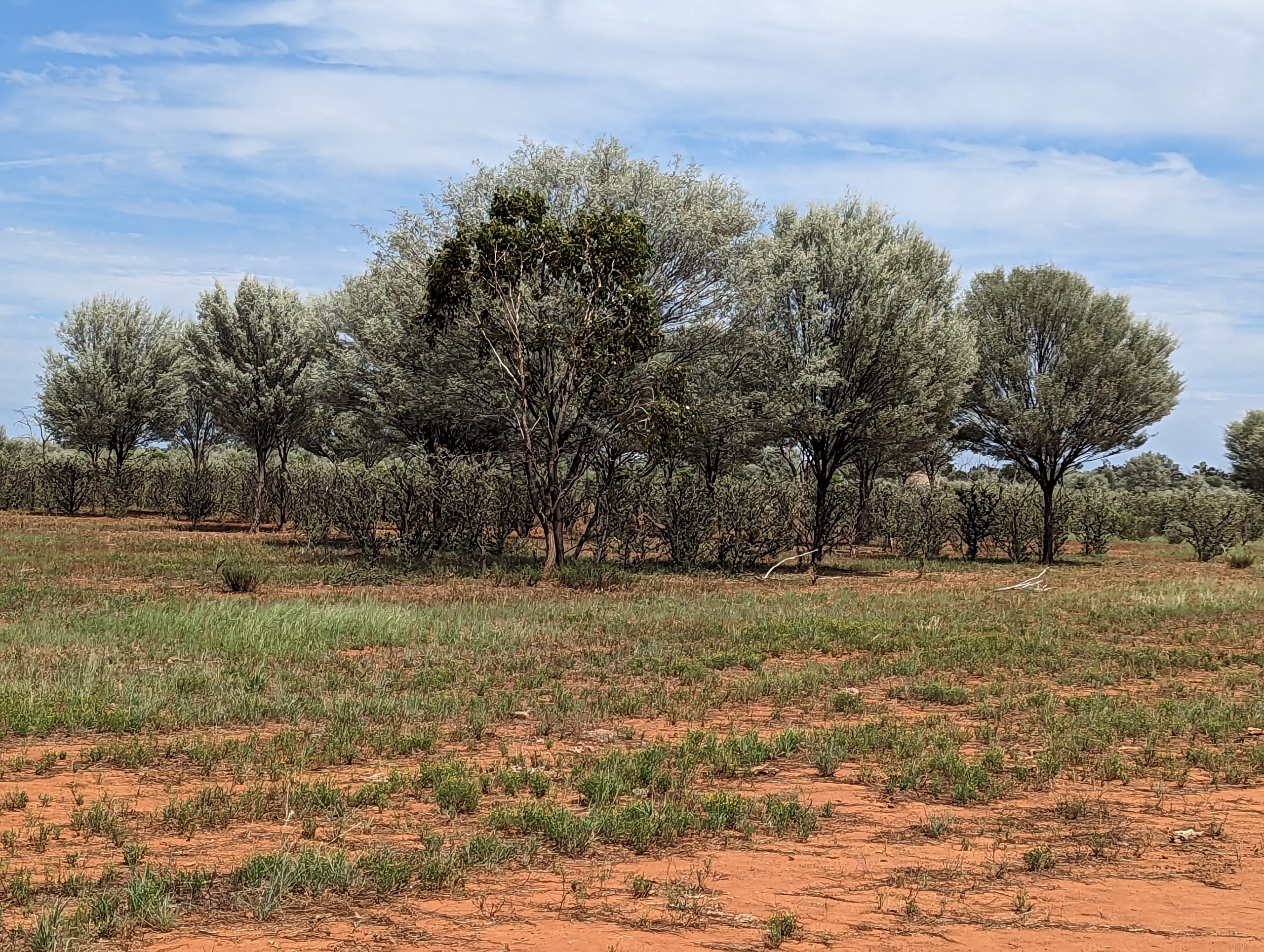
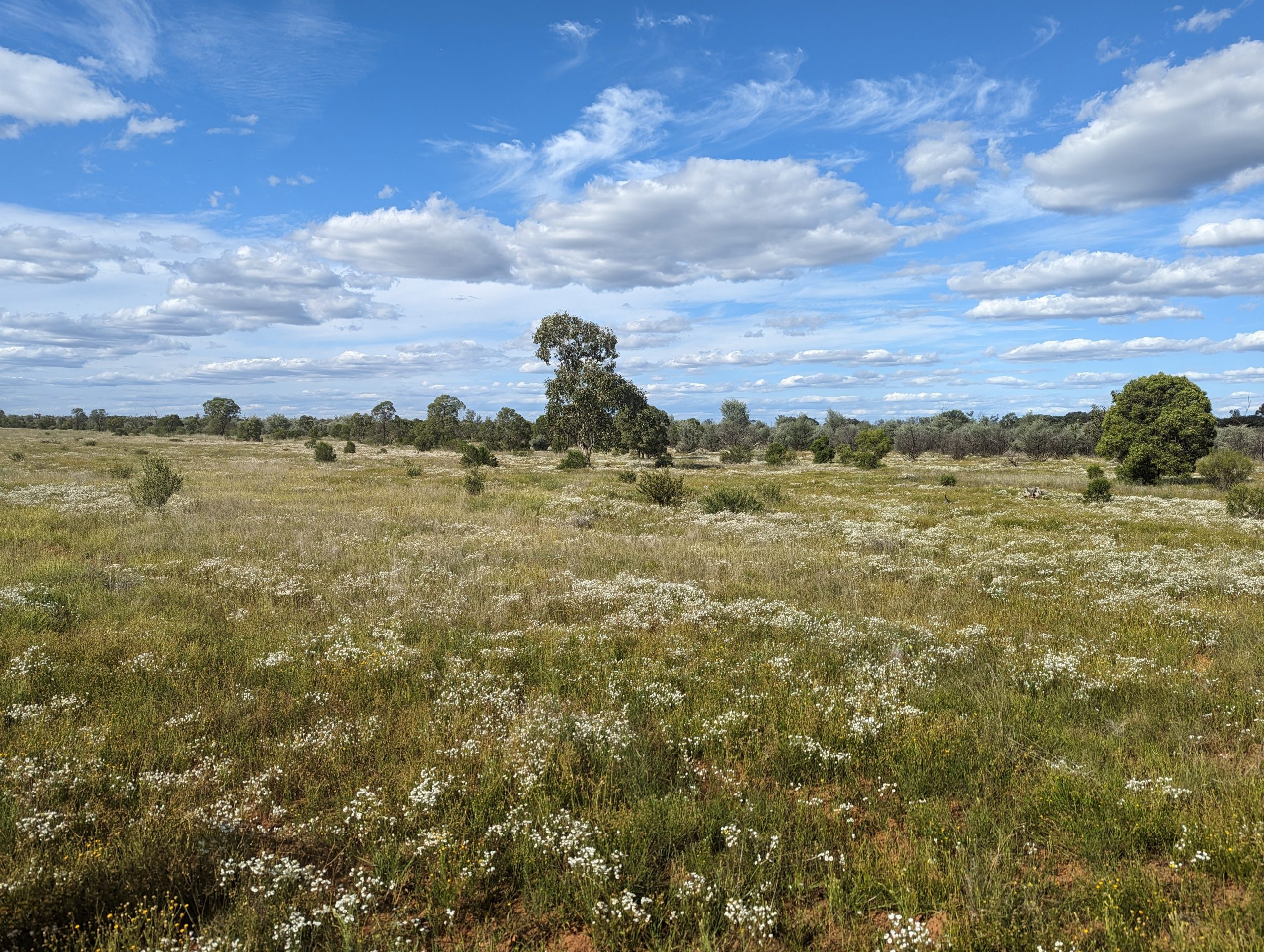
TEM’s international projects

April Salumei REDD+ project
The April Salumei REDD+ project in the East Sepik Province of PNG has been developed as a nature-based solution, to conserve and sustainably manage this globally significant rainforest, that has been rated as one of the top 10 most ecologically distinct areas on the planet.
TEM partners with 164 Local Land Groups (clans), comprising about 15,000 people, who own the rainforest and who have surrendered their rights to commercial logging. These groups depend entirely on the forest for their livelihoods and now work closely with TEM to manage the area sustainably.
The purpose of REDD+ projects is to Reduce Emissions from Deforestation and forest Degradation as deforestation is one of the main contributing factors to climate change.
As an Indigenous-led solution, TEM has built lasting relationships with traditional landowners who have a shared interest in conserving the forests.
In addition to the carbon emission reduction element of the project, it also has a range of other co-benefits. The April Salumei Working Group, formed to assist with managing the project, provides employment opportunities to the local community.
By protecting the forest and biodiversity of the area, this project simultaneously provides a key source of income for traditional owners, as well as improving living standards. Landowners directly receive a percentage of all carbon finance revenue and determine the allocation of funds to amenities such as health care, education facilities, infrastructure and the development of sustainable agricultural practices.
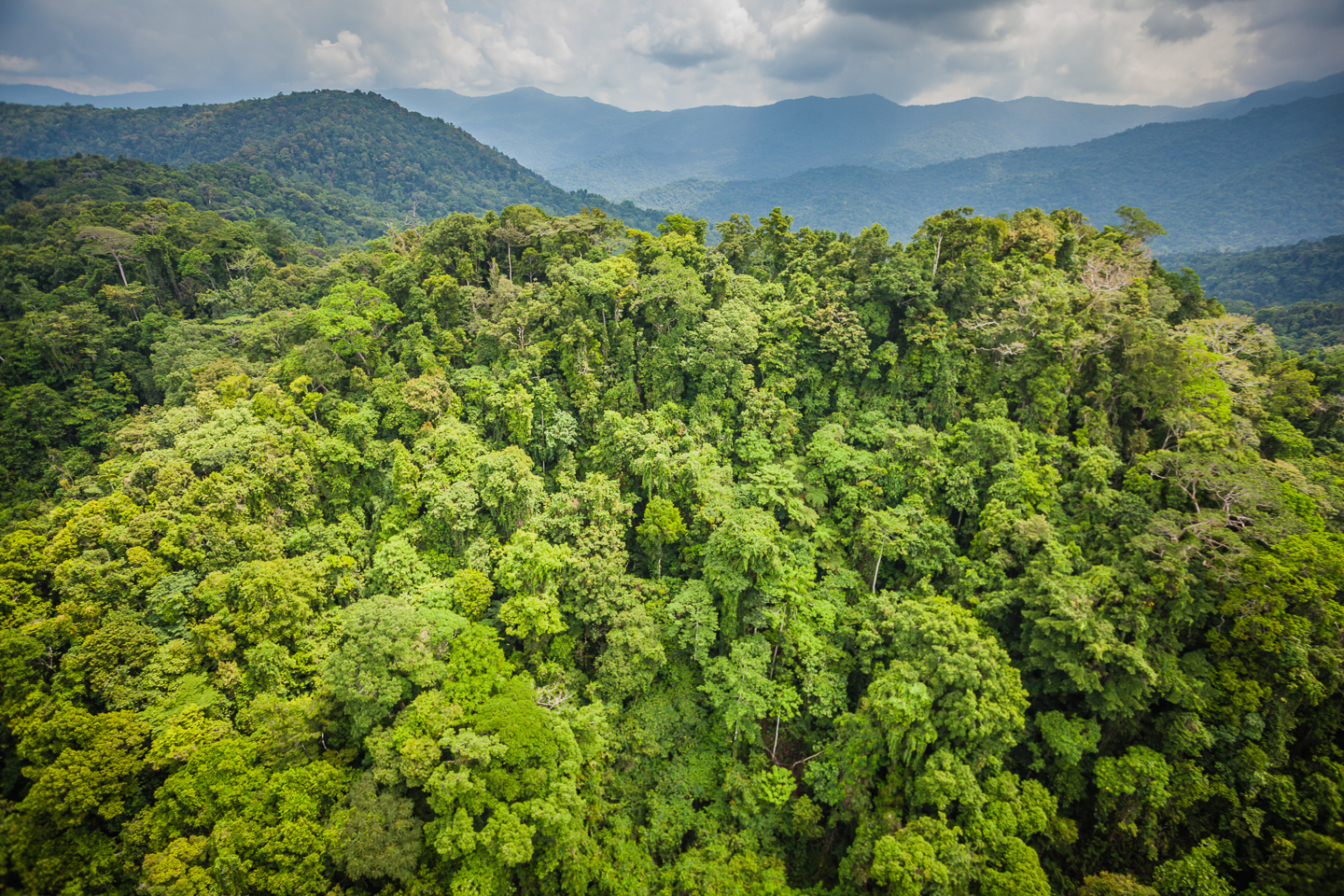
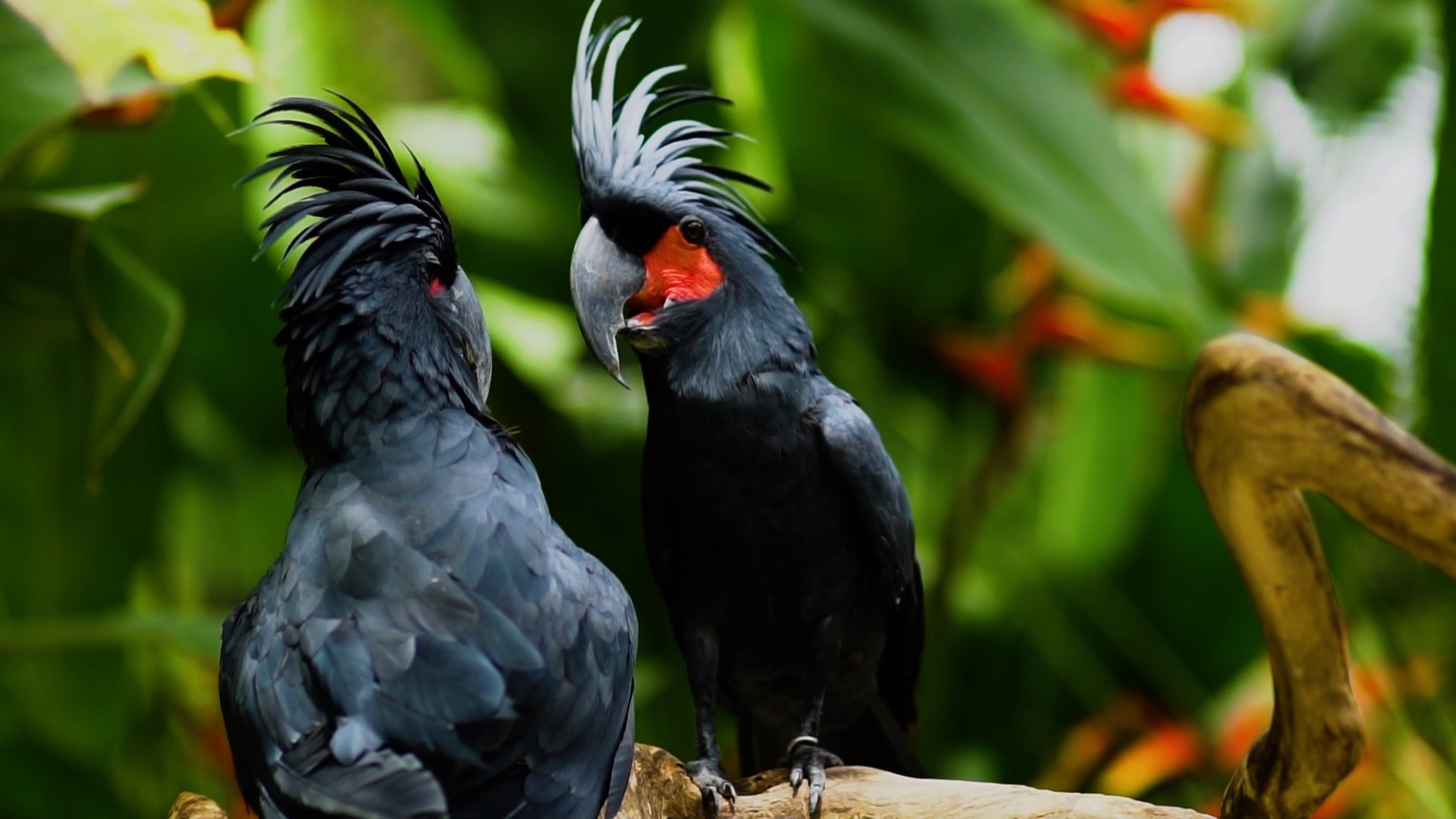
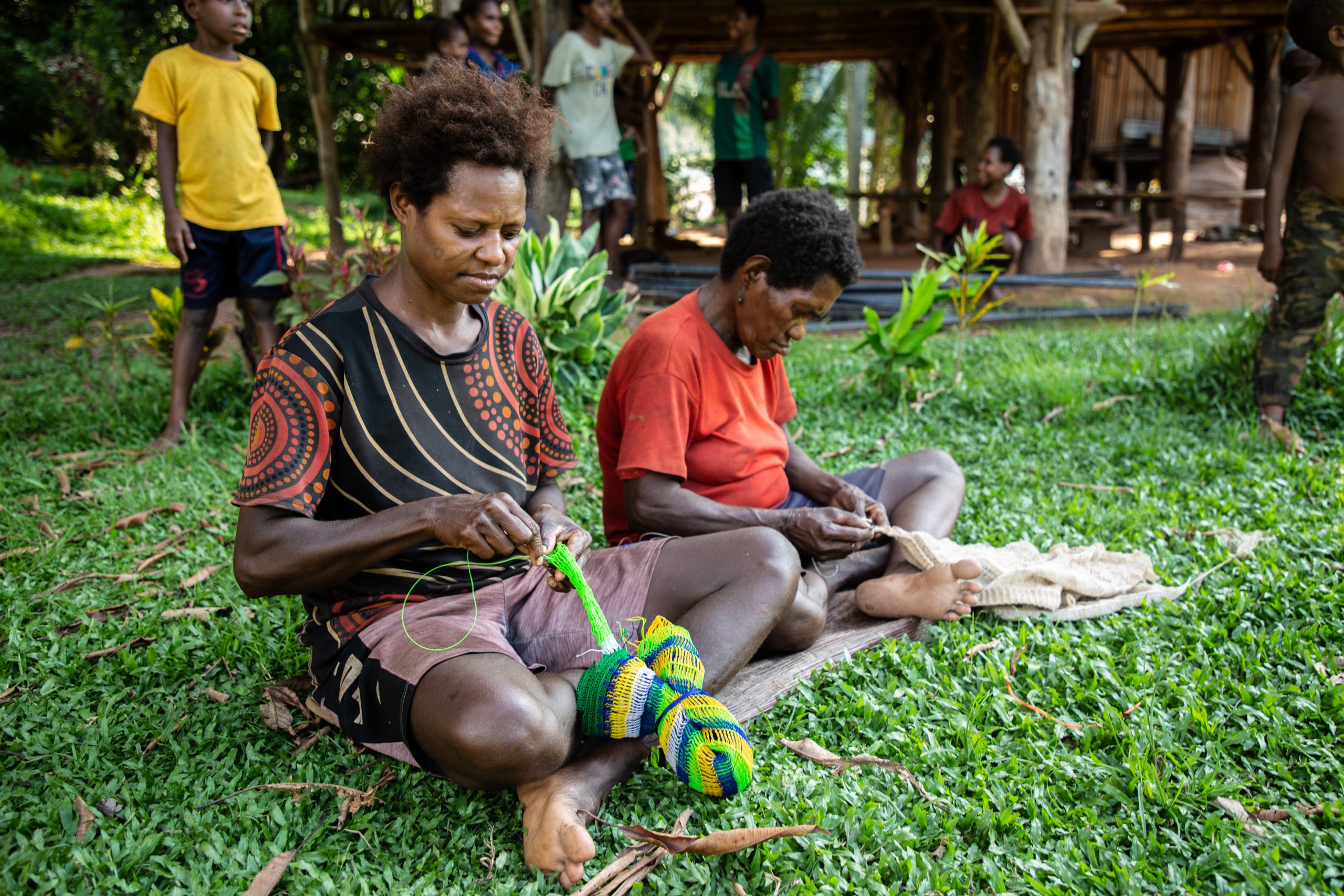
Papua New Guinea Healthier Homes, Healthier Forests project
This TEM-developed project aims to rollout over 100,000 improved cookstoves (Phase 1) across PNG is the first carbon finance cookstoves project to be implemented in PNG, where over 80% of all households still rely on traditional open fire cooking. Traditional cookstoves in Papua New Guinea have a high fuel wood consumption rate, resulting in elevated indoor carbon emissions and families inhaling toxic smoke.
According to the World Health Organisation, household air pollution was responsible for an estimated 3.2 million deaths per year in 2020, including over 237,000 deaths of children under the age of five. Household air pollution from cooking over open fires or on crude wood-burning cookstoves is a major health risk in PNG.
Clean cookstoves projects reduce emissions by introducing local communities to efficient, cleaner technology.
Our project will see a reduction in fuel wood use, resulting in less trees being cleared in nearby forests. The project also aims to provide numerous co-benefits for the local community. TEM has gained positive community support via training workshops and project management, the distribution of cookstoves and facilitating workshops has seen the creation of varied employment opportunities for local people.
The installation of high efficiency firewood cookstoves will drastically improve quality and longevity of life, especially for women and young children who spend many hours exposed to open flames and harmful toxic smoke. Households also reap economic benefits as they save money by purchasing less fuel wood and spend less time collecting fuel wood.
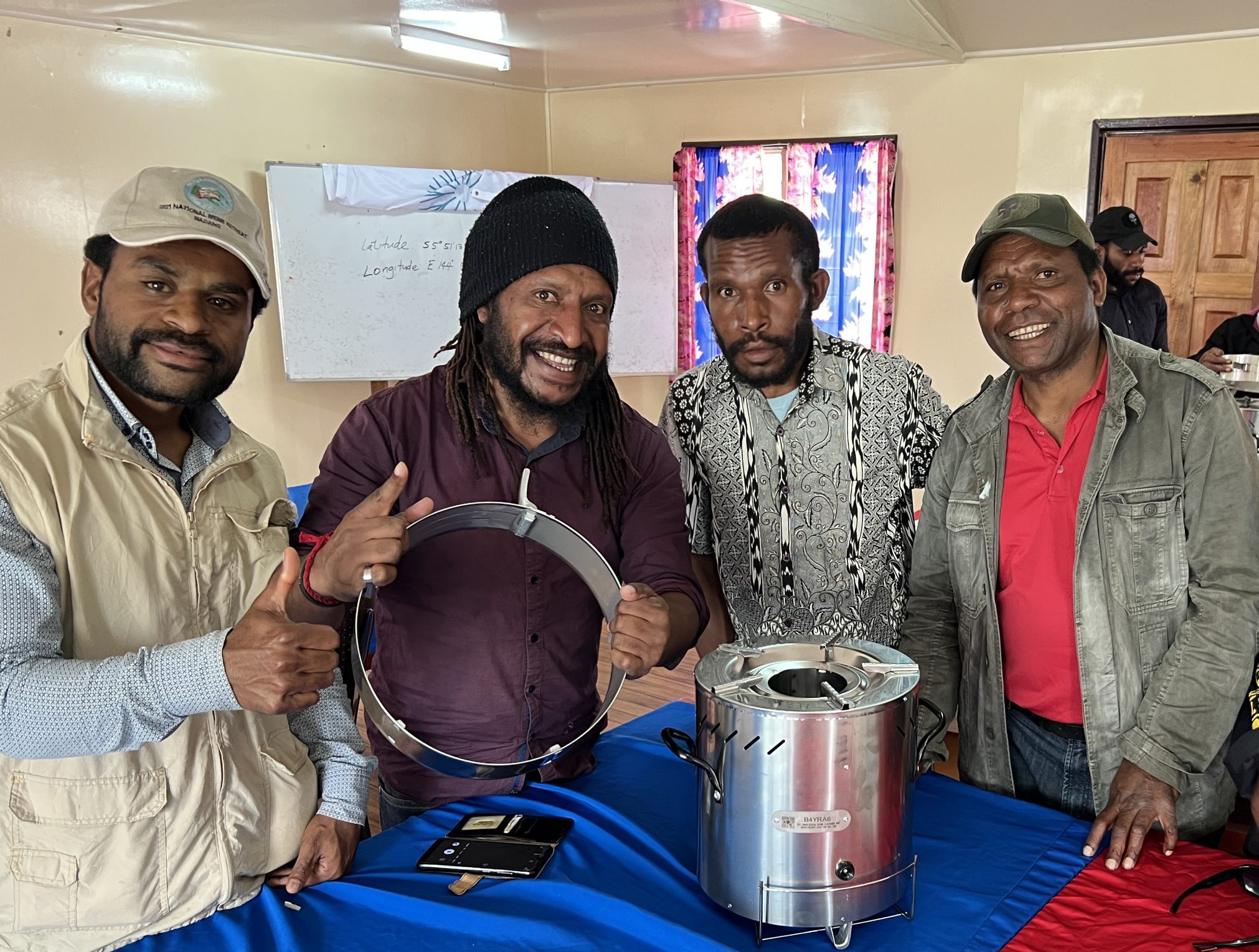
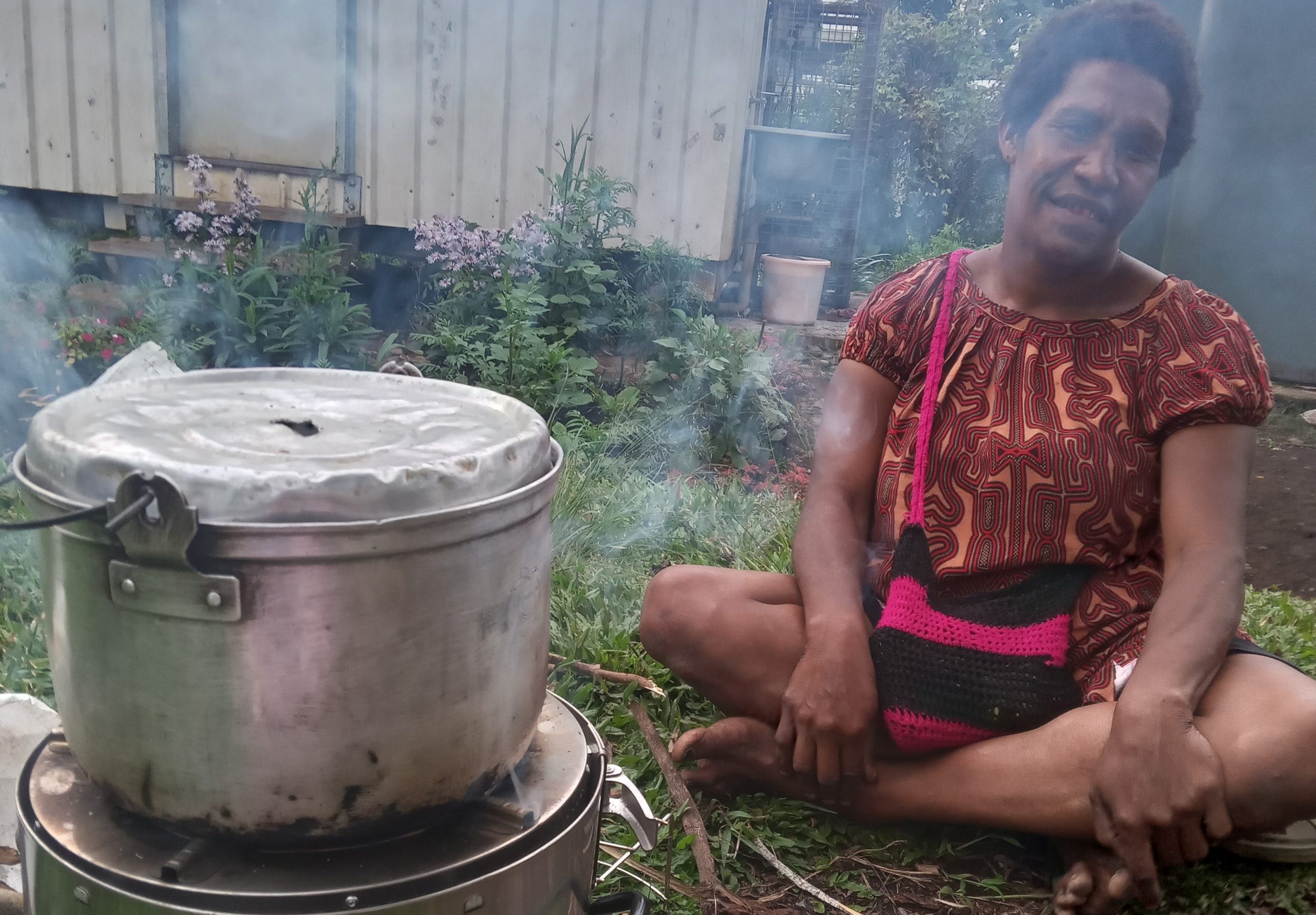
Laos Electric Induction Cookstove Project
TEM’s new pilot carbon offsetting project utilises cutting-edge eCookstove technology to help improve health and environmental issues in Laos.
The TEM-developed project uses new eCookstove technology from Australian company, ATEC, that produces data-verified, Gold Standard carbon credits. These eCookstoves allow for high integrity, real-time monitoring of customer usage data via an inbuilt SIM card. This ensures accuracy and the highest integrity in calculating carbon credits.
The induction cookstoves remove the need for Laotian families to cook with wood, reducing deforestation and carbon emissions, as well as improving people’s health. The cookstoves are 100% smoke free and reduce the risks of fires, burns and gas leaks.
The pilot project will involve TEM distributing eCookstoves in Savanakhet Province and surveying the impact in relation to offsetting timber and charcoal burning, indoor air quality, and nutrition and economic factors. Once the pilot project is successfully completed by the end of 2023, TEM plans to distribute up to 200,000 eCookstoves across Laos, which is estimated to avoid over 6 million tonnes of Co2 over 10 years, along with achieving significant health benefits. The project also supports several United Nations Sustainable Development Goals.
Photo credit: ATEC. Note image is of woman using the same e-cookstove in Cambodia as Laos pilot hasn’t yet started to photograph.
